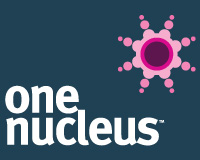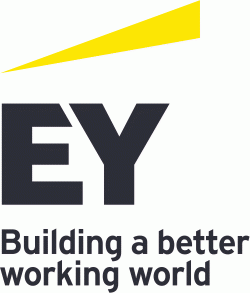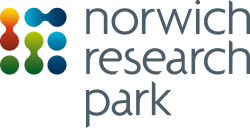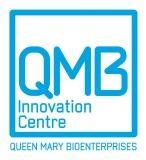Guest blog by Guy Kaddish, Bidwells Planning Partner

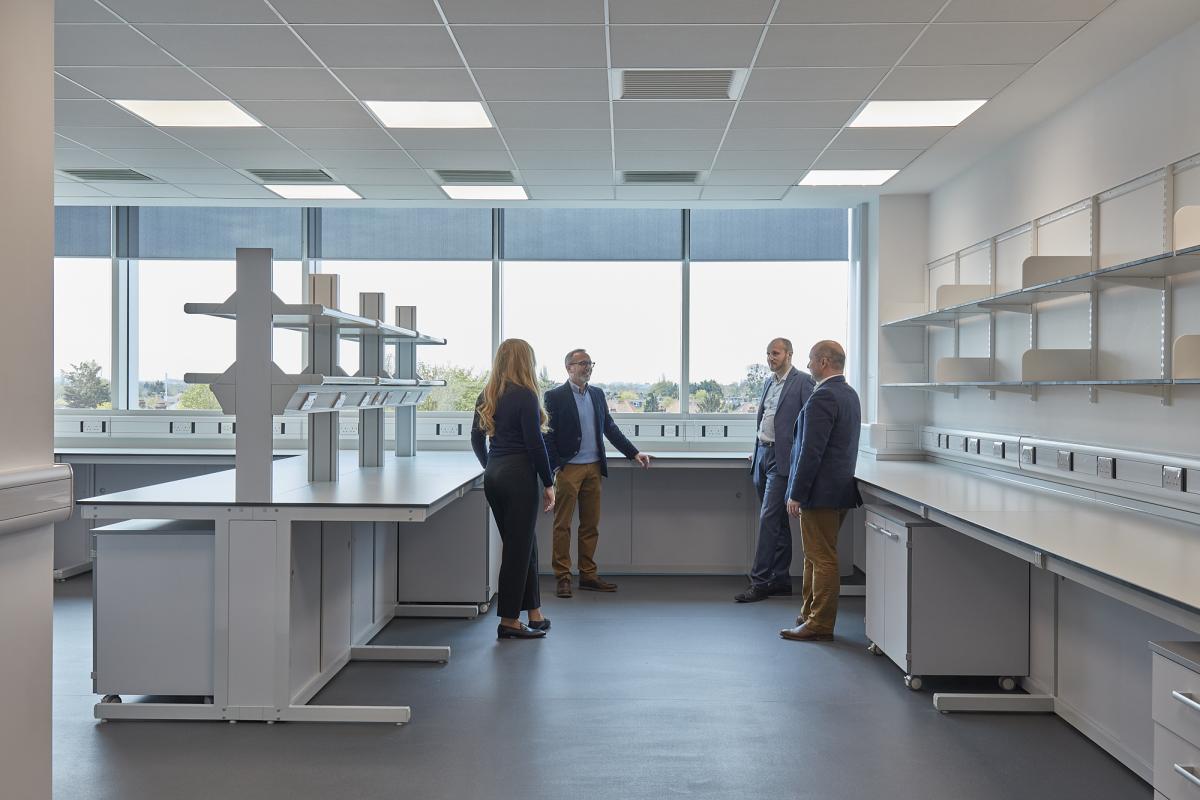
The importance of fostering inclusive growth in Cambridge as the life sciences sector continues to enjoy stratospheric success was debated at a recent Bidwells event joined by Bidwells Planning Partner Guy Kaddish. Here are Guy’s three big key takeaways.
Getting two of Cambridge's leading politicians into the room together to discuss with the real estate sector some of the biggest challenges facing our city was a rare and welcome opportunity. We made the most of it and the discussion was open and constructive and hopefully, everybody took something away from it.
The room heard from Bidwells’ research director Sue Foxley that there continues to be a huge shortfall in office and lab space due to increasing demand from life sciences, while traditional industries are losing their foothold in the heart of Cambridge. This means the challenge lies in making sure everyone in Cambridge benefits from this growth through greater social cohesion, a range of employment opportunities and investment in social infrastructure.
Both Bridget Smith, leader of South Cambridgeshire District Council, and Katie Thornburrow, Planning Portfolio holder for Planning at Cambridge City Council, each emphasised the importance of good planning. So here are three ways the private sector and the planning system might work better together to deliver on greater inclusivity.
1. Planning performance agreements (PPAs) can deliver inclusive growth
When it comes to the availability of planning officers and the influx of planning applications, there's never an abundance of officers waiting eagerly for the mail each morning to have something to do that day. It's a constant balancing act between the officers we wish to have in position and the development activity happening around us.
But here in Cambridge, compared to most authorities, the approach to PPAs is incredibly well-structured. It allows us to establish a shared vision, a shared program, and a shared focus on the crucial topics at hand. We all agree that inclusive growth is at the top of that priority list.
If we want that open dialogue with officers, we must be aligned with the council priorities. It's by demonstrating that alignment and working together towards a common purpose that we can truly make the most of the limited officer resources there are and work together to address the challenges that come our way.
2. We need to strike the right balance in Local Plans
The future of research and development (R&D) in Cambridge relies on striking the right balance in the emerging Local Plan. The adopted local plan provides a framework for supporting R&D development. However, there is an ongoing debate regarding the number of R&D projects that should be accommodated within the emerging Plan.
The adopted plans explicitly express support for R&D, life science and knowledge-based initiatives; such that where developers demonstrate their commitment to good development inclusivity and sustainability and adhere to the highest standards, they can obtain consent. Clearly the emerging Local Plan will need to continue this same underpinning approach.
Looking ahead, there is an upcoming debate concerning the emerging joint Local Plan, specifically regarding the ideal quantum of new R&D floorspace. The council is actively seeking growth and acknowledges the importance of engaging in this sector. However, those involved in the day-to-day development pipeline are already seeing a need for a higher number than what is currently stipulated for in the emerging Plan.
There is a shared recognition of the public benefits that can be achieved through new development and that a robust policy framework can ensure that good development delivers them. There is a collective understanding of the public benefits that development can bring, and the forthcoming policy framework could optimise those benefits for the whole City.
3. Real estate’s current focus on long-term investments, ESG values, and sustainability is common ground
The success of the life sciences sector in Cambridge is closely linked to its commitment to environmental, social, and governance (ESG) values and collaboration. Within the sector, there is a strong emphasis on long-term investments, ownership, and occupancy, with a focus on sustainability and inclusivity.
The commitment to these values resonate in real estate companies’ design team meetings, project team meetings, and their decision-making processes; ultimately shaping the development and ensuring their long-lasting impact.
There is a significant degree of common ground between applicants and the Council regarding the emphasis on ESG, inclusivity, diversity, and sustainability. It is not whether one should provide for such matters, it is just a question of detail and the when, what, where and how.
It's also quite remarkable to witness the ongoing competition and innovation surrounding sustainability, as each new development strives to create the next best sustainable development in Cambridge.
This moment presents an incredible opportunity for us. It's no longer a question of whether the sector can contribute; we have reached a point where everyone is on the same page. The shared commitment to ESG values and sustainability creates an environment where collaboration and progress can thrive for the benefit for all.
See the original article here
*If you would like to submit a guest blog please email info@onenucleus.com*
